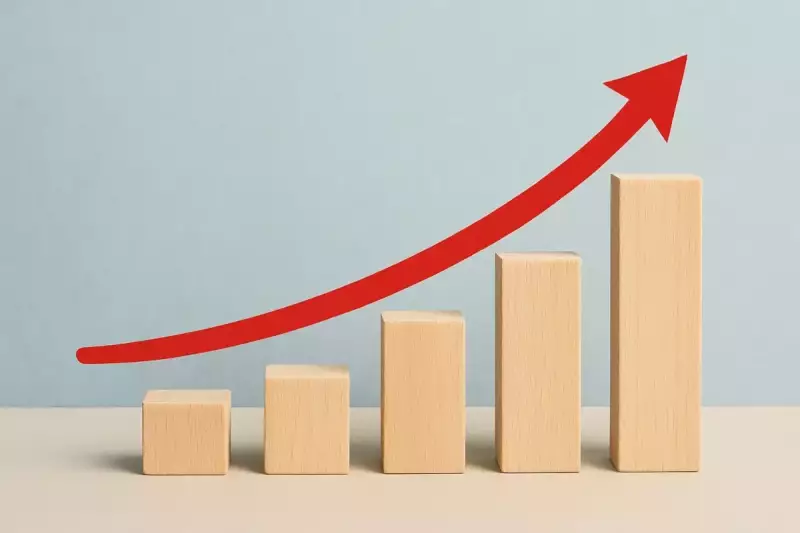Inflation expectations are drifting, posing a challenge to the Fed's 2% target. Are we repeating the mistakes of the 70s? Time to pay attention!

Inflation Expectations, Fed Challenge, and the 2% Target: A New York Perspective
The Fed's got a problem, and it ain't just about rising prices. It's about what folks think will happen with prices. With inflation expectations drifting away from the sacrosanct 2% target, the central bank's facing a credibility crisis. Time to get worried, maybe?
The Unanchoring of Expectations: A Blast from the Past?
A recent Boston Fed study is raising eyebrows. Americans are starting to doubt the Fed's ability to keep inflation in check. This isn't just about gas prices anymore. It's a deeper, more unsettling feeling that inflation is becoming persistent. Reminds you of the 70s, doesn't it?
Back then, inflation got baked into the public consciousness. Only a painful series of aggressive rate hikes, courtesy of Paul Volcker, finally broke the cycle. Are we headed down that road again?
What's Driving the Shift? Not Just Supply Shocks
Unlike the pandemic-era inflation spike, which was largely driven by supply chain issues and energy costs, this shift in expectations seems to be more about psychology. People are reacting to factors like trade measures and broader economic uncertainty. Economists are scratching their heads, debating whether these are temporary blips or signs of a more fundamental shift.
Data Tells a Story: Above the 2% Target
While policymakers might be publicly downplaying the risks, the numbers don't lie. The New York Fed's own survey showed one-year-ahead inflation expectations rising to 3.4%. The three- and five-year outlooks? Still stubbornly above that 2% target. Houston, we have a problem.
My Two Cents: Time to Take Notice
Look, I'm no economist, but I've seen enough to know that expectations matter. Once people lose faith in the Fed's ability to manage inflation, it becomes a self-fulfilling prophecy. Businesses raise prices, workers demand higher wages, and the whole thing spirals out of control. The Fed needs to get ahead of this, and fast. The Boston Fed paper highlights that the current climb, like the one in the late 1970s, appears to stem from psychology rather than supply. Such shifts in mindset, once established, can be far more damaging than price shocks themselves.
Don't Panic (Yet), But Stay Informed
So, what's the takeaway? Don't go burying your money in the backyard just yet. But keep a close eye on those inflation expectations. The Fed's got a tough job ahead, and whether they succeed or fail will have a huge impact on all of us. And hey, maybe it's time to brush up on your 1970s economic history. You know, just in case.
Disclaimer:info@kdj.com
The information provided is not trading advice. kdj.com does not assume any responsibility for any investments made based on the information provided in this article. Cryptocurrencies are highly volatile and it is highly recommended that you invest with caution after thorough research!
If you believe that the content used on this website infringes your copyright, please contact us immediately (info@kdj.com) and we will delete it promptly.








































![Web3 Crypto Market Morning Report: The market is in decline, altcoins have fallen by more than 5%, Binance compensation has been received, and Memes on the Bnb chain have collectively plummeted [Vic TALK Issue 1444] Web3 Crypto Market Morning Report: The market is in decline, altcoins have fallen by more than 5%, Binance compensation has been received, and Memes on the Bnb chain have collectively plummeted [Vic TALK Issue 1444]](/uploads/2025/10/16/cryptocurrencies-news/videos/web-crypto-market-morning-report-market-decline-altcoins-fallen-binance-compensation-received-memes-bnb-chain-collectively-plummeted-vic-talk-issue/68f043c9c8b44_image_500_375.webp)





































